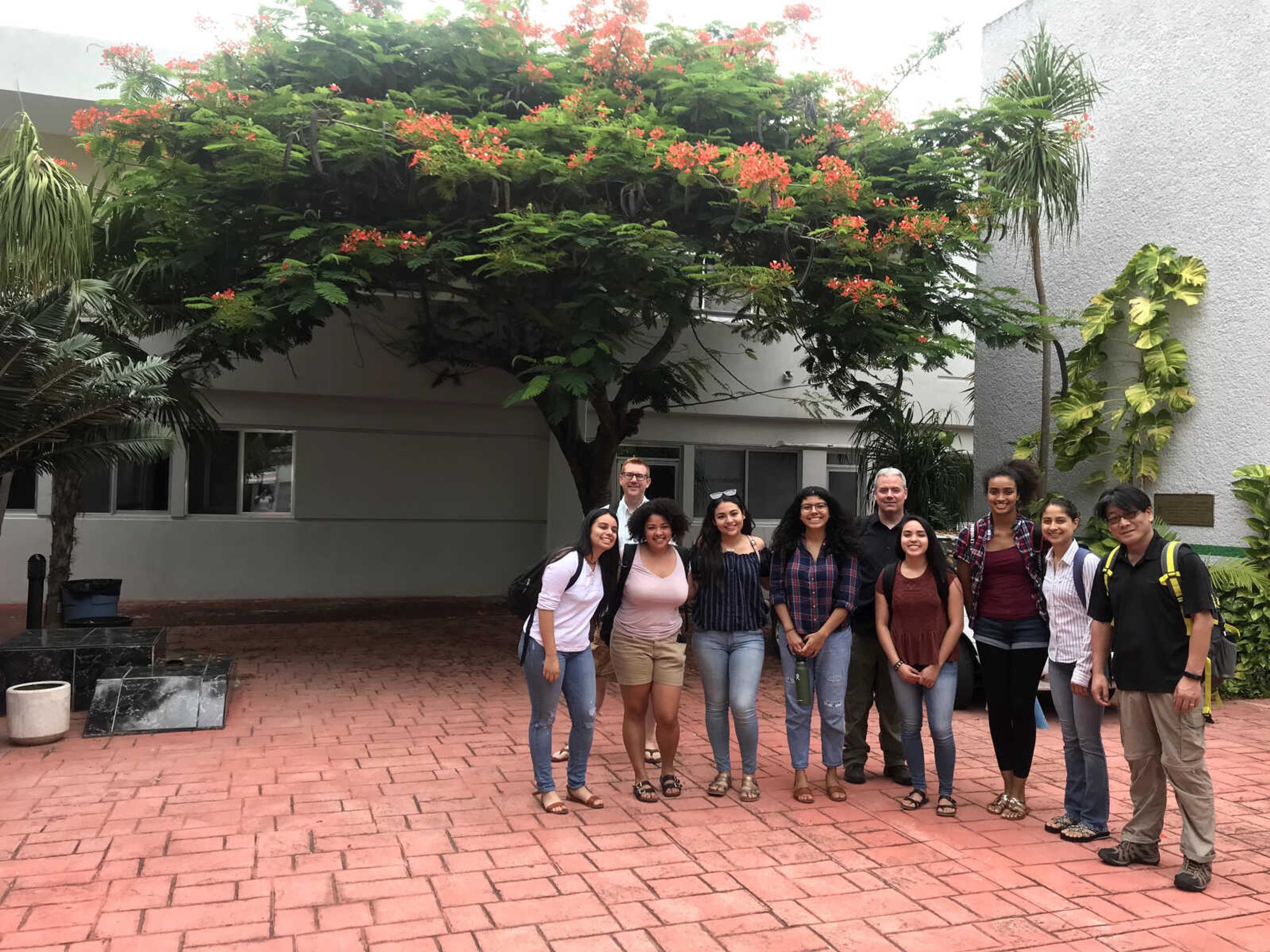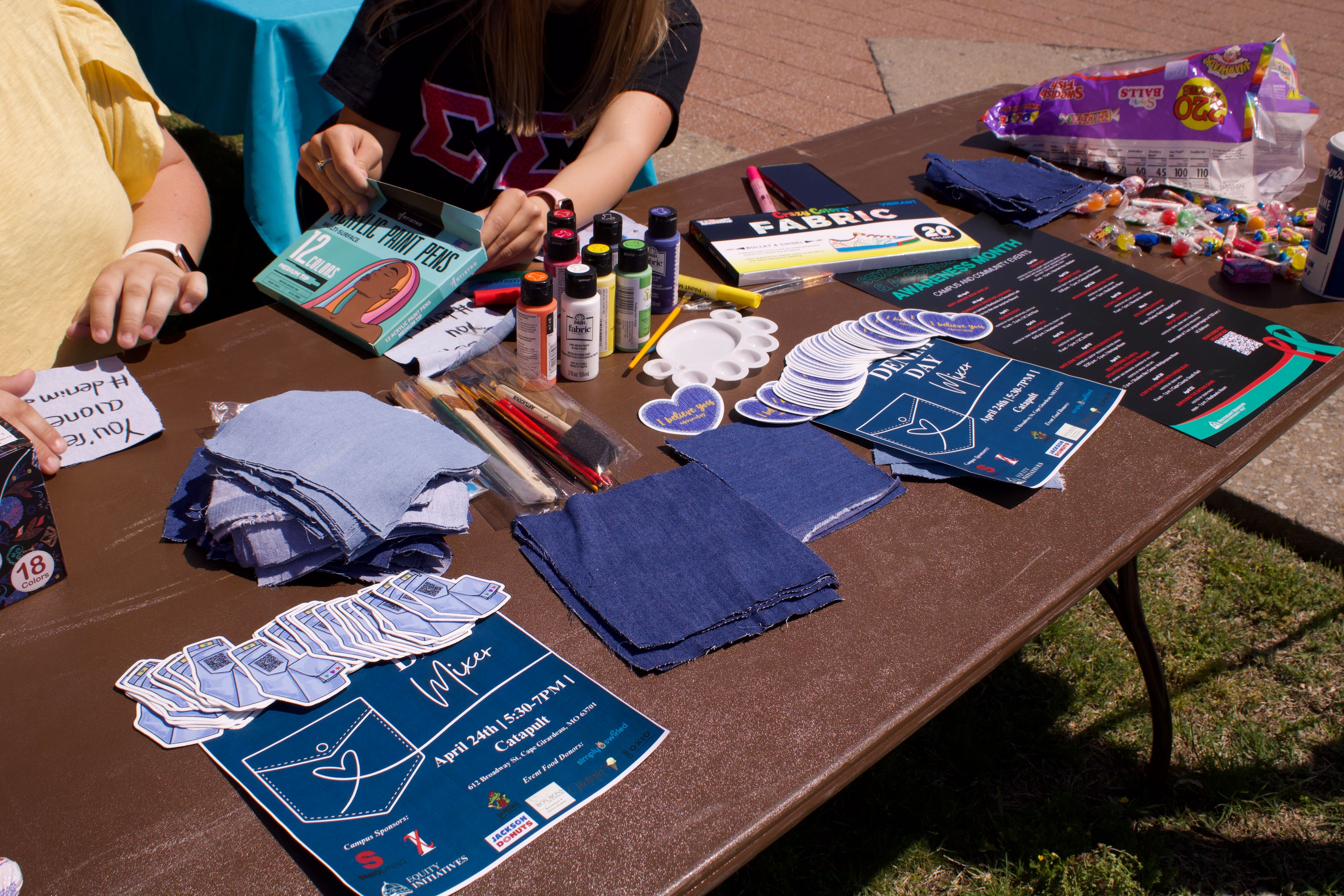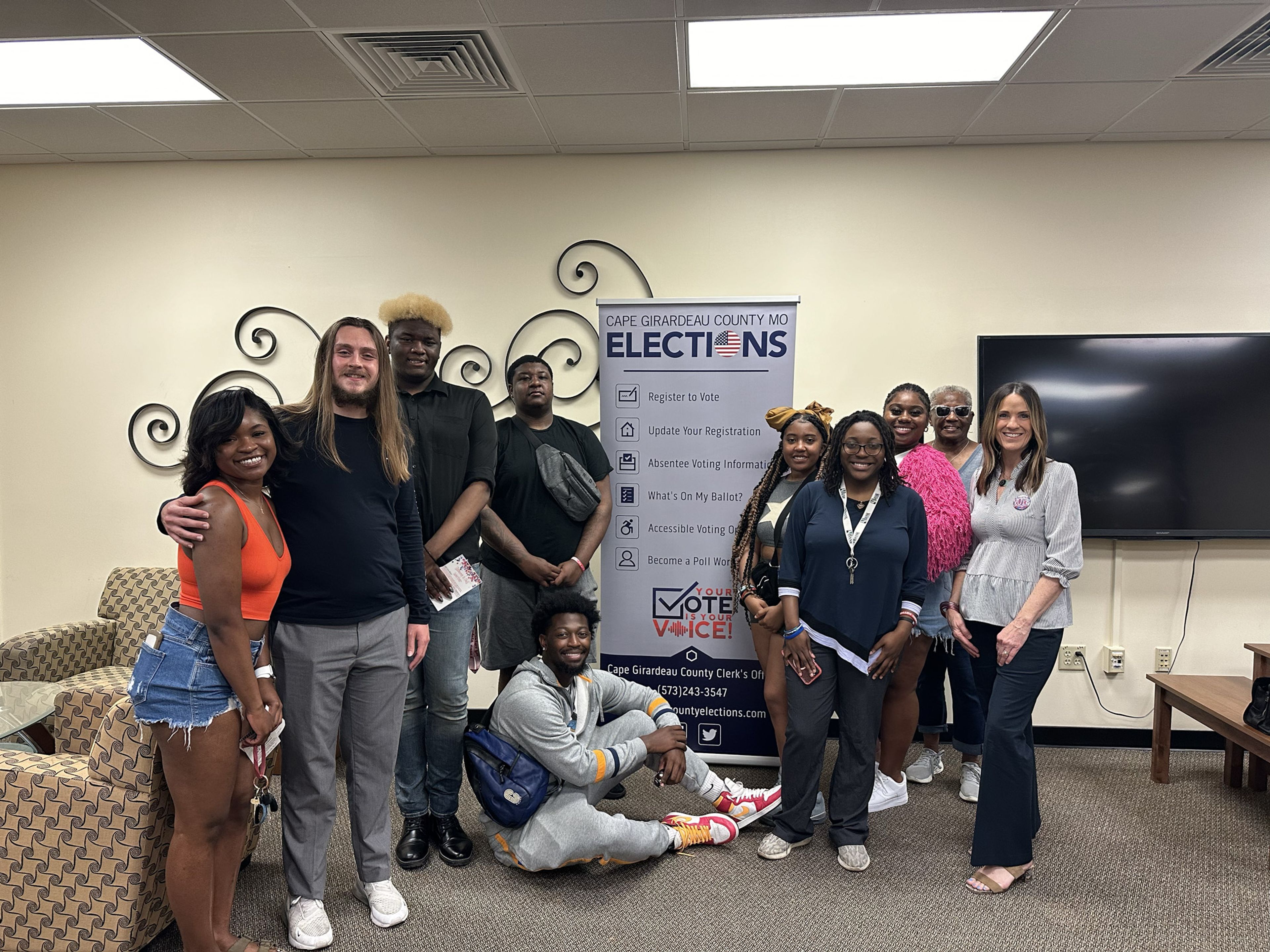Anahi Gamboa spent the summer helping research water-borne illnesses in Mexico as part of an internship program at Northern Illinois University.
The Southeast senior was one of just six students chosen to participate in the Research Experience for Undergraduates, a program funded by the National Science Foundation.
The program, funded by the National Science Foundation, offers six projects within the program – all researching the different types of water quality in the Yucatan Peninsula in Mexico.
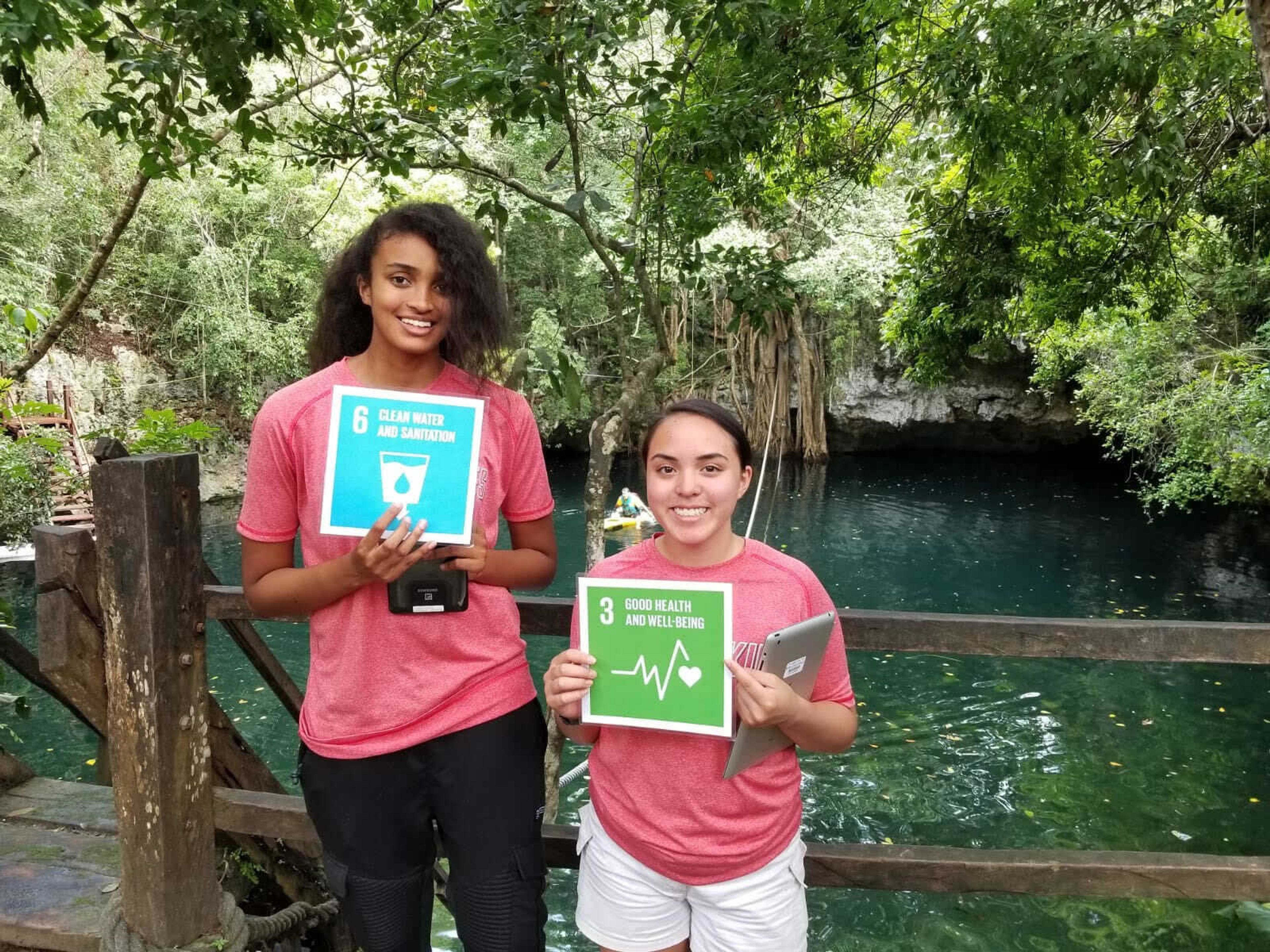
The environmental science major applied for the internship last fall. Gamboa was one of six women accepted into the program.
“I just happened to be so lucky to get it,” said Gamboa.
Not only did the program consist of all women, but they are all of Latina descent. Gamboa said it was not apparent Northern Illinois University was looking for latina women for this program based on the application, but she said their goal was to recruit and promote latina women scientists for their research all along.
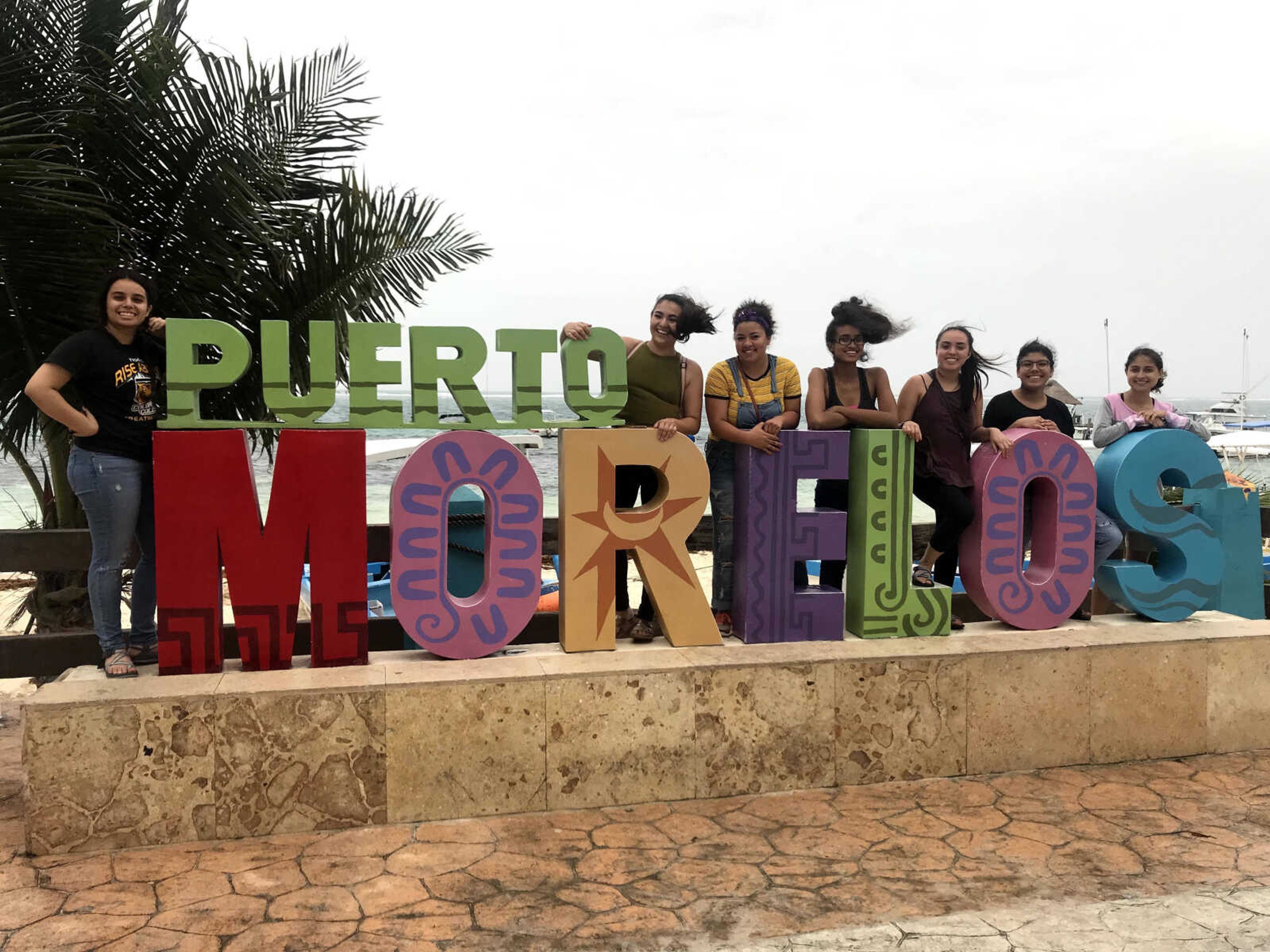
“We all had a latina background, which was really special to see, not only women in science, but latina women in science,” said Gamboa. “It was really awesome to experience and get to know other people that are like you.”
All but one mentor who accompanied the women on the trip to Mexico were professors from Northern Illinois. It was the second year for this particular program.
The six student scientists and their mentors traveled to Puerto Morelos, Mexico, to begin their month-long journey in mid-June.
Gamboa said each of the students studied different aspects of the water quality in the area – Gamboa was assigned to study the public health's relationship with water quality, while others studied water elevation, water nutrients and underground water. Gamboa studied two groups - tourists and residents - and conducted surveys to determine if there were any water-borne illnesses related to people’s travels. She said “traveler’s diarrhea” is a high risk in Mexico.
“I had to get a lot of tourist involvement as far as surveys, and so I did get to meet a lot of people from a whole lot of different places, which was really fun,” said Gamboa.
So far she has only been able to complete the analysis of the tourists data, and it yielded findings.
“So I did find that the top reported illnesses from my surveys fit under water borne illnesses such as headache, stomach ache, and I did get diarrhea as one,” said Gamboa.
There was time for a little fun during this internship experience – and even time for family. She is from Cozumel, which was relatively close to where they were doing research.
“We got the weekends off, so I was able to see them a couple of times and visit them and explain to them my research.”
Gamboa said they rented two Airbnb-type houses – one for the students and one for the mentors. The mentors also planned one week for the students to visit ancient Mayan ruins. The travels included visits to Izamal and Chichen Itza.
“This was a very special internship for me to be able to do research where I’m from and where my family is from,” Gamboa said.
Her work is not done.The upcoming Southeast senior was approved to attend the Society for Advancement of Chicanos/Hispanics & Native Americans in Science (SACNAS) conference in San Antonio, Texas, in October. This is where she will present all of her research and findings from the internship she completed this summer.
e (SACNAS) conference in San Antonio, Texas, in October. This is where she will present all of her research and findings from the internship she completed this summer.
